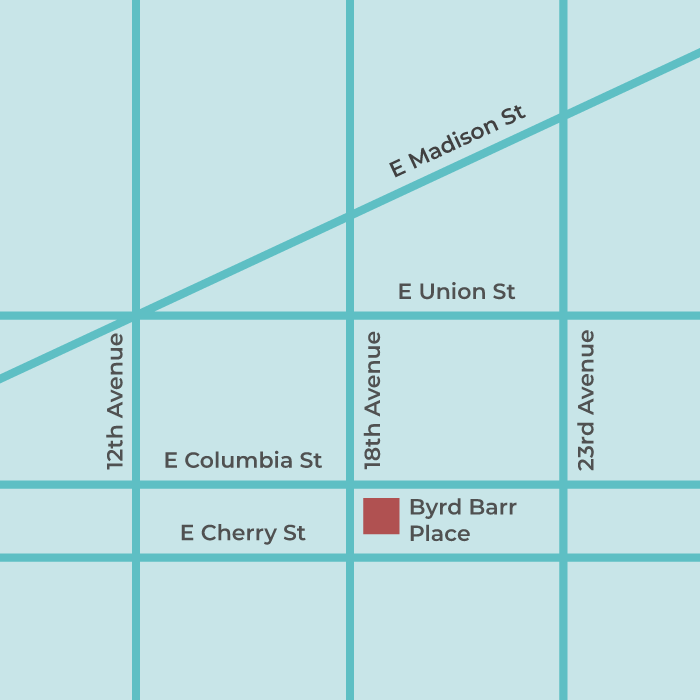Life has been hard for Opal W. Now in her early 60s, Opal is unable to work due to crippling arthritis in her knees. She walks painfully with crutches, because there is no cartilage left to cushion the blow, so each step causes her shooting pains.
Born and raised in Louisiana, Opal moved to Seattle at the age of 18 in 1971, where she raised her two sons and daughter as a single mother. Working various jobs to get by, including at a daycare and at the Seattle Union Gospel mission, Opal was barely able to keep her family afloat over the years. Tragedy seemed to strike at every corner: first her oldest son died, and then her younger son was sent to prison, leaving all of her grandchildren fatherless. Sadly, Opal sees her life mirrored in that of her daughter, who also lives in Seattle struggling to raise her three children as a single parent. Opal’s joy comes from the successes of her grandchildren, one of whom is at college in Utah on a football scholarship. When he graduates, he will be the first in their family with a Bachelor’s degree.
Barely able to scrape by most months living in subsidized housing on her Supplemental Security Income, things got even harder with the cuts to food stamps at the end of 2013, which coincided with Social Security reducing Opal’s monthly check due to an “overpayment,” a common practice that affects many of Byrd Barr Place’s clients. When you only receive $1000 a month, losing 10% of your income hits hard. The $100 that could have gone towards her light bill evaporated, and Opal found herself relying on Byrd Barr Place’s Energy Assistance to prevent her disconnection from Seattle City Light. $210 from Bridge the Gap maintained Opal’s electricity after she qualified for only $52 in federal funds.
When Opal discovered she received an anonymous donation to maintain her power, she was very grateful for those whose generosity keeps her warm. “Thank you so very much, and God bless,” Opal wants all the donors to know.

